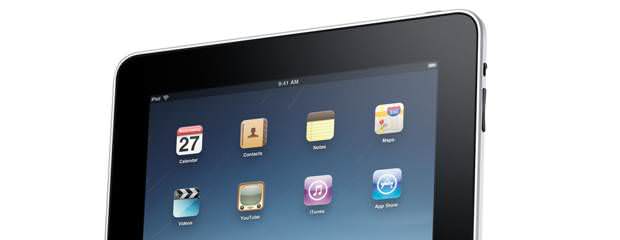
Hewlett Packard opens doors to its HP Labs UK research base
In the background, security programs, acting like antibodies in a cyber-immune system, patrol the network which connects these servers at the same time, looking for signs of viruses or other infections.
It is their job to create visions just as this one, and to invent the research that might be needed to turn these visions into viable products three, five, or like as not 10 years from now.
Technology and technology have always been important at Hewlett Packard, ever since the company was formed in 1939 by engineers Bill Hewlett and Dave Packard in Mr Packard's garage.
Its plans for mobile computing as well proved less than successful: the company bought smartphone-maker Palm in 2010 for $1.2bn and launched the HP TouchPad tablet computer powered by Palm's WebOS operating system in July 2011.
The company announced that it
But just six weeks later the company announced that it was abandoning the phone and tablet markets in an abrupt strategy u-turn. It has since decided to continue funding WebOS as an open source project.
There are no senses on the internet, so the [then] stage is to add sensations: taste, smell, sight, hearing and touch"
HP may be down, nevertheless it's very far from out, and before this month the company offered me the rare possibility to visit HP Labs, promising a tantalising glimpse into the future of its consumer and business innovation.
Dr Manley pointed out that this is the third recent major development in computing afterwards the internet and the web, and one of his tasks is to ponder and prepare for the straightway big thing. Nevertheless what might that be?
The internet
"There are no senses on the internet, so the fourth stage is to add sensations: taste, smell, sight, hearing and touch," Dr Manley said.
He has visions of building a vast, planet-wide sensor network using tiny, cheap, sensation detectors which would result in what he calls "the CeNSE": the Central Nervous System for the Earth.
With suitably sensitive sensors, the possibilities are nearly endless: one day you might wave your sensor-equipped mobile phone over a plate of food to "smell" whether any of the ingredients have gone bad.
The lair of Adrian Geisow
This is the lair of Adrian Geisow, HP's display research expert. He is working on developing the techniques needed to produce bright, high-quality colour mobile phone screens that do not need backlighting, and along these lines do not drain phone batteries.
The final stop was a meeting with Prith Banerjee, the director of HP Labs and a character who comes across as frighteningly efficient and business-like afterwards the friendly informality of the facility's researchers.
- ·
Hp's Proposed Cyber-immune System
- · Rackspace debuts OpenStack cloud servers
- · America's broadband adoption challenges
- · EPAM Systems Leverages the Cloud to Enhance Its Global Delivery Model With Nimbula Director
- · Telcom & Data intros emergency VOIP phones
- · Lorton Data Announces Partnership with Krengeltech Through A-Qua⢠Integration into DocuMailer
